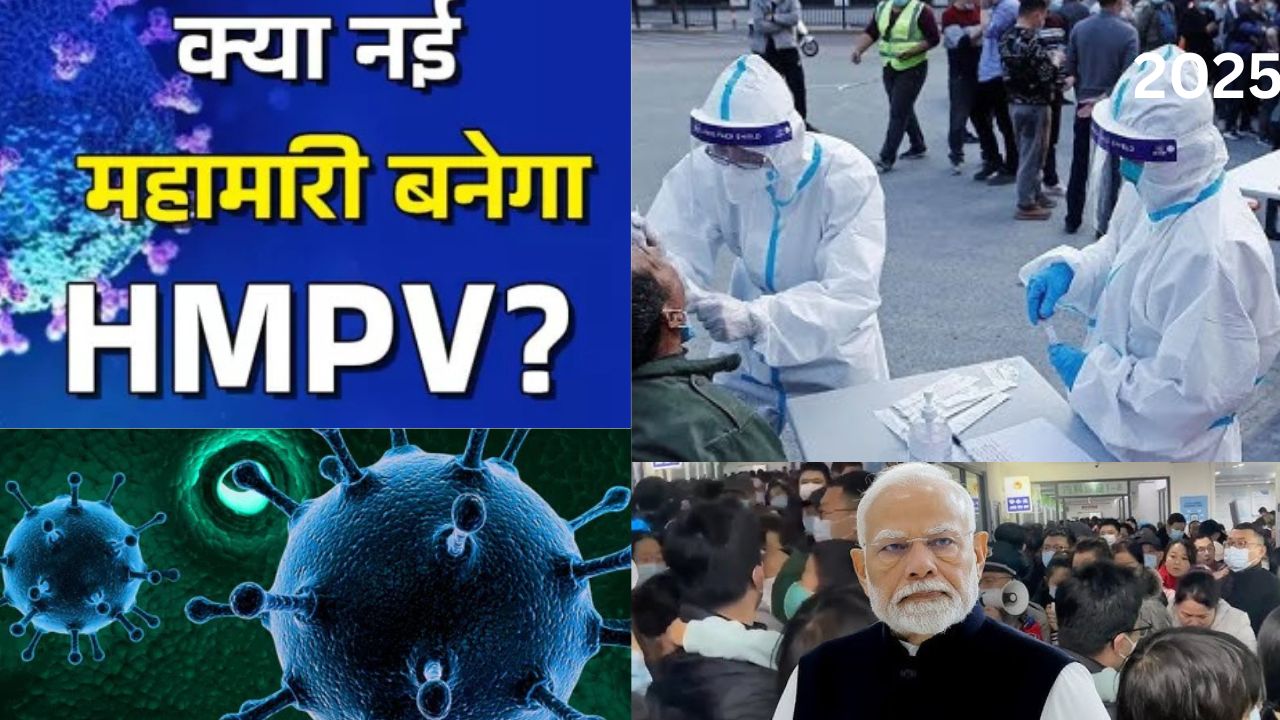
On this Monday, January 6, 2025, reports have surfaced about an increase in cases of a virus that many people have not heard about—HMPV, or Human Metapneumovirus. Health officials are warning about its symptoms and the risks it poses, especially during the winter months when respiratory infections are more common. The virus, though not new, is gaining attention for causing flu-like illnesses and even severe complications in some cases.
HMPV spreads through close contact, much like the common cold or flu. It is transmitted by coughing, sneezing, or touching contaminated surfaces. The symptoms often start mild, making it hard to distinguish from other seasonal illnesses. However, doctors advise people to stay cautious, as the virus can quickly worsen in vulnerable groups like children, the elderly, and those with weakened immune systems.
The symptoms of HMPV typically include fever, cough, nasal congestion, and a sore throat. In some people, it causes fatigue and muscle aches similar to the flu. As the infection progresses, shortness of breath and wheezing can occur, which are signs of severe illness. These symptoms are often mistaken for other respiratory conditions, delaying proper treatment. Doctors emphasize that awareness is critical to identifying and managing this infection early.
What makes HMPV concerning is its potential to cause severe respiratory issues. In extreme cases, it can lead to bronchitis or pneumonia. Infants and young children are particularly at risk because their immune systems are still developing. Health officials report that many hospitalizations involve children under five. The elderly and people with chronic health conditions like asthma or heart disease are also more likely to face complications.
The virus has no specific treatment or vaccine as of now. This makes prevention vital. Doctors recommend practicing good hygiene, like washing hands frequently with soap and water. Avoiding close contact with sick individuals and regularly cleaning commonly touched surfaces can also reduce the risk of infection. If someone in your household shows symptoms, it is best to isolate them and consult a healthcare provider.
Many people are unaware of HMPV because it has remained relatively under the radar compared to other respiratory viruses like the flu or COVID-19. However, its impact can be serious. According to recent studies, outbreaks tend to spike during late winter and early spring. Experts believe the virus has been circulating for decades but often goes undiagnosed due to its similarity to other illnesses.
Doctors suggest paying close attention to respiratory symptoms, especially if they worsen or persist for more than a few days. Children who have difficulty breathing, refuse to eat or drink, or appear very tired should be taken to a hospital immediately. For adults, symptoms like chest pain, high fever, or confusion could indicate severe infection.
Researchers are working to understand the virus better and develop effective treatments. For now, supportive care is the primary way to manage HMPV infections. This includes rest, staying hydrated, and using over-the-counter medications to reduce fever and discomfort. For severe cases, hospitalization may be necessary to provide oxygen therapy or other interventions.
Public health agencies are urging people not to panic but to stay informed. They advise taking precautions similar to those used to prevent other respiratory illnesses. Wearing masks in crowded places and maintaining social distance can also help reduce the spread of the virus.
HMPV might not be as well-known as COVID-19 or the flu, but its risks are very real. With no vaccine or specific antiviral treatment, prevention is the best defense. Health officials are monitoring the situation closely and encouraging people to prioritize their respiratory health during this season. If you or someone you know experiences symptoms, don’t hesitate to seek medical attention.
The next few months will be crucial as the virus continues to spread. Experts believe that increased awareness and preventive measures can make a significant difference in reducing infections. For now, staying vigilant and informed is the best way to protect yourself and your loved ones from the risks of HMPV.




